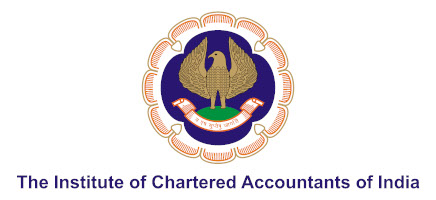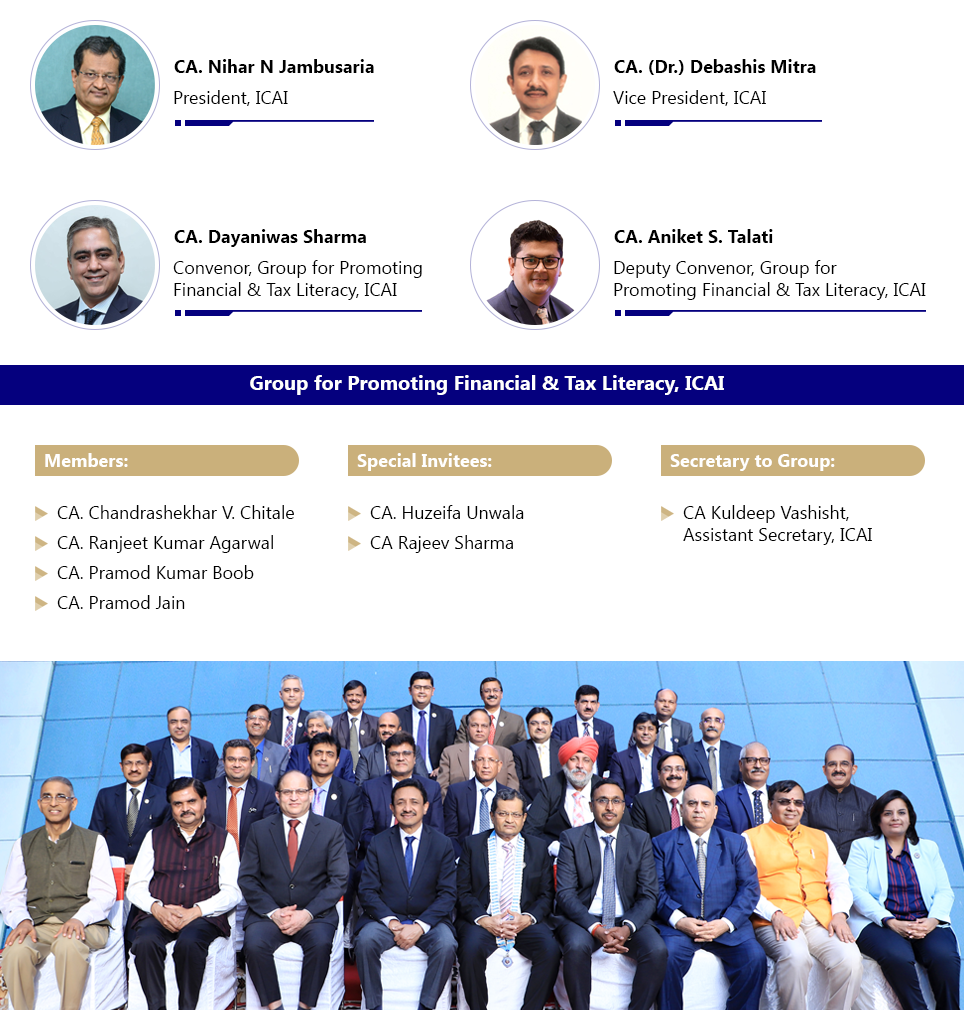Once registered under GST, all the invoices issued to customers will be GST invoices. Let’s learn more about it.
Tax Invoice
Complete details of goods or services provided which include supply details, amount of the same and other expenses listed together is known as a Tax invoice.
Who should issue Tax Invoice?
If you have been issued a GST number after registration, you need to provide tax invoices to your clients for sale of good and/or services. On purchase, your GST registered vendors will provide GST-compliant invoices to you.
Mandatory fields to be included in a Tax Invoice
A tax invoice is generally issued to charge the tax and pass on the input tax credit to the buyer. A Tax Invoice must have the following mandatory fields-
- Invoice number and date
- Customer name
- Shipping and billing address
- Customer’s and taxpayer’s GSTIN (if registered)
- Place of supply
- HSN Code/ SAC code
- Item details i.e., description, quantity (number), unit (meter, kg etc.), total value
- Taxable value and discounts
- Rate and amount of taxes i.e., CGST/ SGST/ IGST
- Whether GST is payable on reverse charge basis
- Signature of the supplier
If the recipient is not registered under GST and the value of taxable supply is Rs. 50,000 or more, then the invoice should carry:
- name and address of the recipient,
- address of delivery,
- state name and state code
OTHER TYPES OF INVOICES
Bill of Supply
It has some similarities to a GST invoice except that bill of supply is devoid of any tax amount as the seller is not allowed to charge GST to the buyer. A bill of supply is issued in cases where tax cannot be charged like when a registered entity supplies exempted goods/services or registered person has opted the composition scheme.
Invoice-cum-bill of supply
If a registered entity is involved in sale of taxable as well as exempted goods/ services to an unregistered person, then he can issue a single “invoice-cum-bill of supply” for all such supplies.
Consolidated Invoice
If there are multiple invoices of less than Rs. 200 and the buyer is unregistered, the seller can issue a consolidated invoice for the multiple invoices at the close of each day.
For example, you may have issued 6 invoices in a day of Rs.50, Rs.70 and Rs. 100. In such a case, you can issue a single invoice, totalling to Rs 220, to be called a consolidated invoice.
Debit and credit note
Where the taxable value or tax charged in a tax invoice issued earlier is found to be less, the supplier shall issue to the recipient a debit note containing prescribed particulars. Where the taxable value or tax charged in a tax invoice is found to exceed the taxable value or tax payable in respect of such supply, or where the goods supplied are returned by the recipient, or where goods or services or both supplied are found to be deficient, the supplier can issue to the recipient a credit note containing prescribed particulars.

